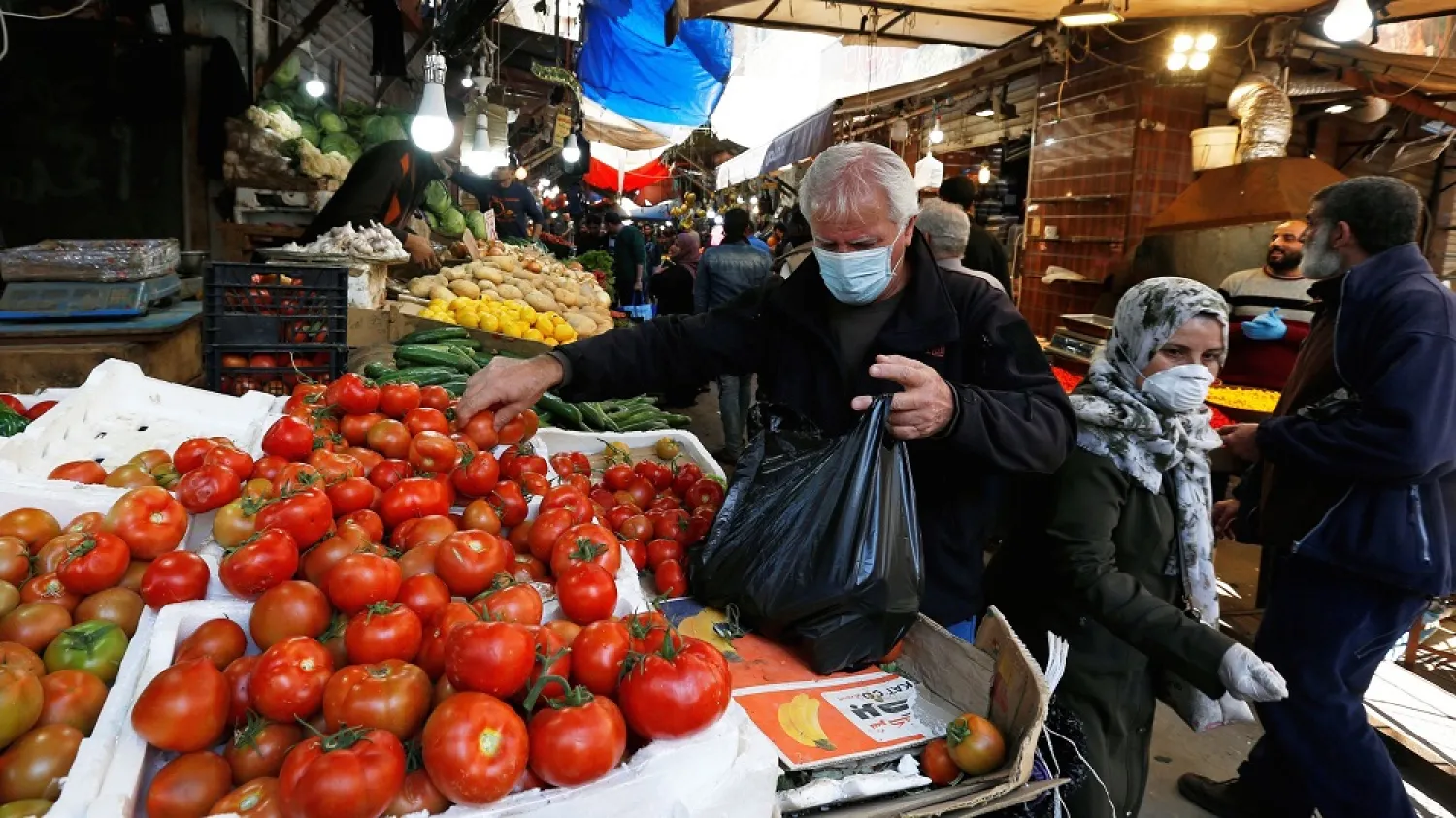The Eid al-Fitr holiday was different this year in Jordan after the government had imposed full curfew during the first day and a partial-curfew for the second due to the coronavirus outbreak. The third, however, was a normal working day for public sector employees who returned to their offices after more than a two-month suspension.
The government faced fierce popular criticism for imposing a 72-hour lockdown, which included the first day of the holiday.
Such measures could be re-imposed whenever the health conditions demand it, said Minister of State for Media Affairs Amjad Adaileh.
No new infections have been recorded in the Kingdom over the past two days.
The eight cases recorded last week were Jordanians who had returned from abroad, and they were all quarantined in hotels. The total number of coronavirus cases stands at 711, of whom 163 have recovered, while nine elderly Jordanians have died.
Nearly 250,000 public sector employees will return to work on Tuesday, excluding mothers who will remain at home until daycares are reopened.
All employees are obliged to wear masks and gloves and keep social distancing in the workplace and closed areas.
As the academic year draws to an end, assessments of online education policies implemented by the Ministry of Education have varied.
Education Minister Tayseer Nuami stressed the government’s commitment to carry out exams for high school students as scheduled in early July, within an intensive exams program.
Informed sources told Asharq Al-Awsat that a plan was drafted for a gradual easing of restrictions and allowing people to move around more freely, especially with public workers returning to their jobs. Demands have also been mounting for the return of other businesses, such as restaurants and cafes, but with strict preventive measures.









